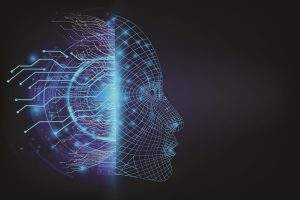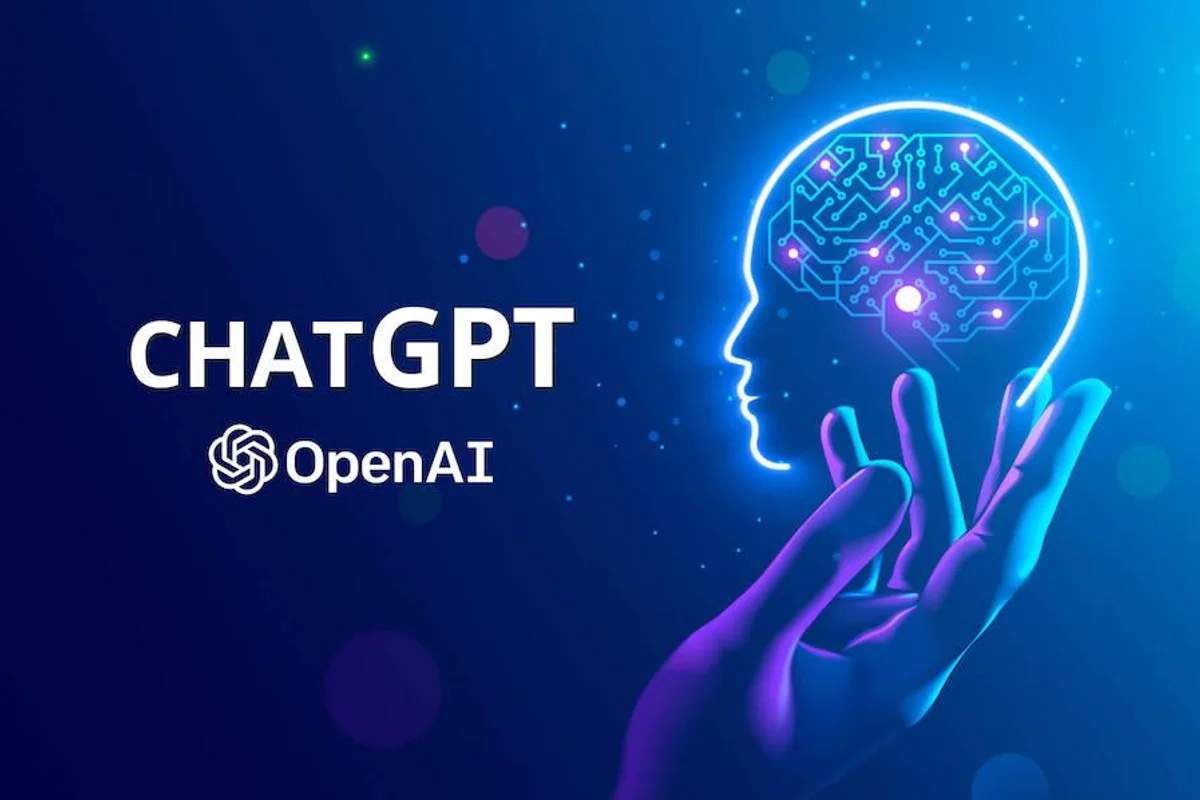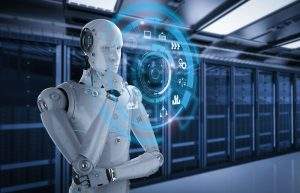Artificial intelligence (AI) technology has the potential to revolutionize many areas of human life, from healthcare to transportation. However, as with any new technology, there are concerns about its safety for humans and the environment. In this article, we will explore the benefits and risks of AI technology, and explain why it is safe for humans and nature in the long-term.
One of the key benefits of AI technology is its ability to improve the efficiency and effectiveness of many industries. For example, in healthcare, AI-powered systems can be used to analyze medical images and assist in the diagnosis of diseases, leading to faster and more accurate treatment. In transportation, AI can be used to optimize traffic flow and reduce accidents, making our roads safer. In agriculture, AI can be used to optimize crop yields and reduce the use of pesticides, making farming more sustainable.
Another benefit of AI technology is its ability to improve the quality of life for humans. For example, AI-powered systems can be used to assist the elderly and those with disabilities, allowing them to live more independently. Additionally, AI can be used to improve energy efficiency, reducing the amount of resources we use and the amount of pollution we produce.
However, there are also risks associated with AI technology. One of the main concerns is the potential for AI systems to make mistakes, which could lead to harm. For example, if an AI-powered self-driving car makes a mistake, it could cause an accident. Additionally, there are concerns about the potential for AI systems to be used for malicious purposes, such as cyber attacks or espionage.
To mitigate these risks, it is important to ensure that AI systems are properly designed, tested and maintained. Additionally, it is important to have regulations in place to ensure the responsible use of AI systems. To ensure that AI systems are safe for humans and nature, it is important to involve experts from various fields such as computer science, psychology, ethics, and environmental science in their development, testing, and deployment.
In conclusion, AI technology has the potential to revolutionize many areas of human life, from healthcare to transportation, and to improve the quality of life for humans. While there are some risks associated with AI technology, these risks can be mitigated by proper design, testing, and maintenance of AI systems, and by regulations that ensure their responsible use. With the right approach, AI technology can be safe for humans and nature in the long-term.











